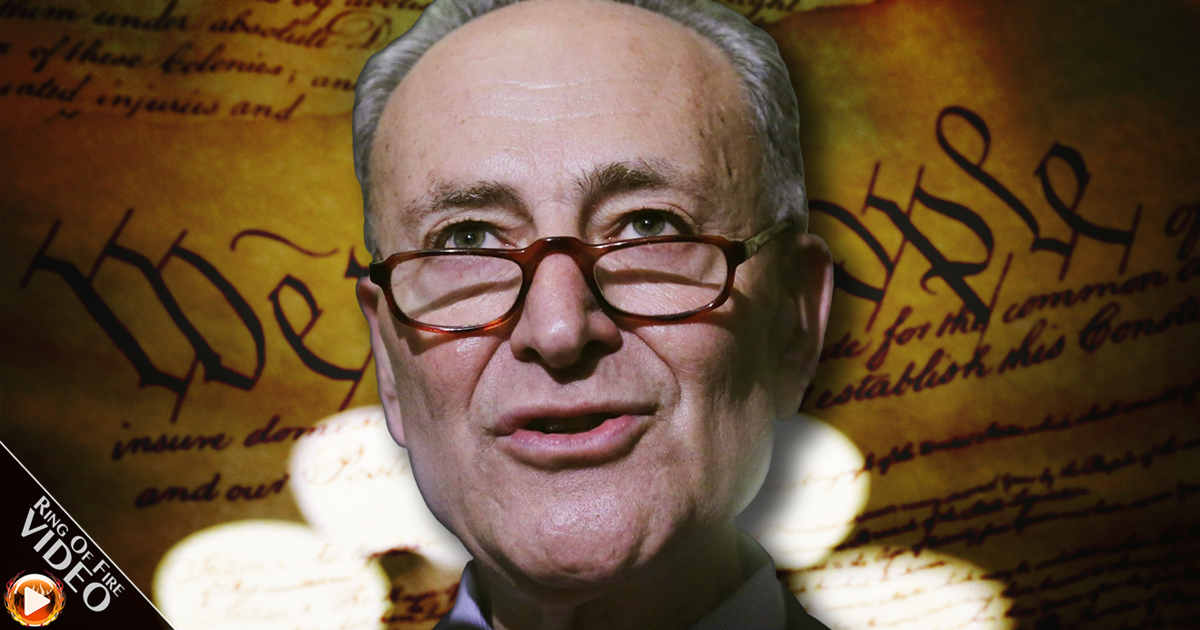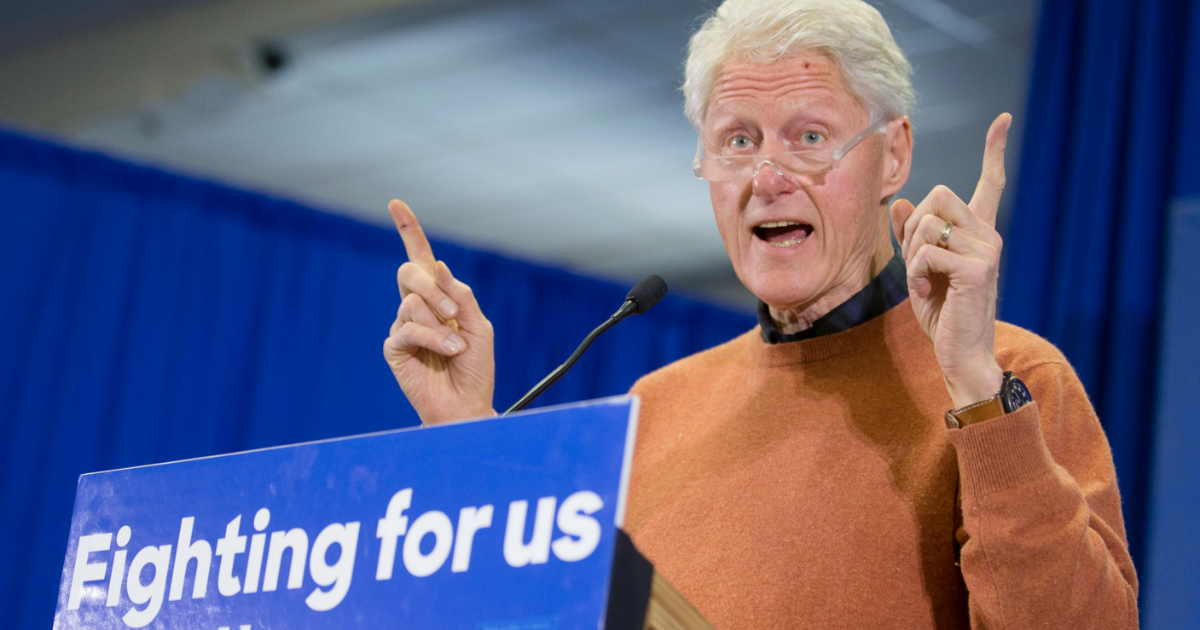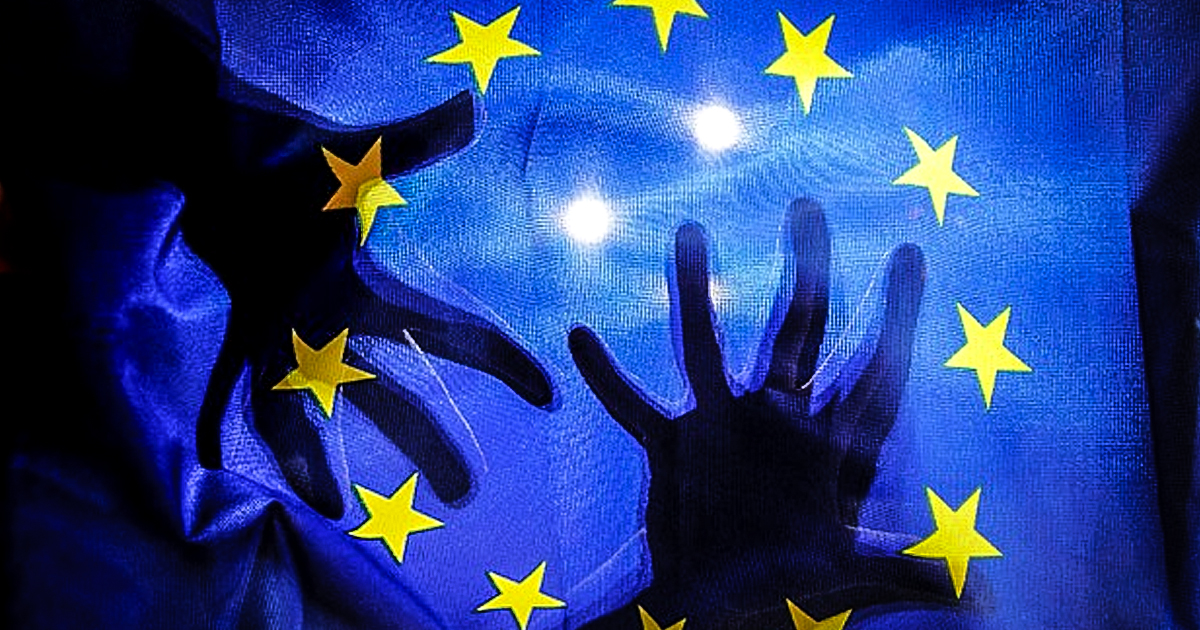Mike Papantonio and Sam Seder of Ring of Fire discuss problems the Democratic Party faced with the Electoral College in the 2016 election.
Transcription of the above video:
Sam:
A lot of people I know are saying like, “What can we do right now?” The answer, to some extent, is like you might as well be looking to cheer for the Cleveland Indians in the World Series right now. That ship has sailed a bit, but there are a couple of things that, and I know, these are beyond long shot. The words long shot don’t really mean any, don’t even begin to cover this, but you’ll recall that before the election, there were two electors. One was from Colorado and one was from Washington State, who had announced that they are democratic electors, that they were not going to support Hillary Clinton, and that they would not vote for her in the Electoral College. People started to contemplate the idea that maybe she would have to win 172 Electoral votes. Of course, none of that happened.
Pap:
I remember all that. I mean, it was, yeah, it was just pundits with pencils, and wanting something to talk about. I recall all that, yeah.
Sam:
Yeah, I mean, now one of them was from Washington State, he’s I think, a Native American, and was just convinced that Hilary Clinton was not going to help anything.
Pap:
Yeah, but I mean the analysis of what does all this mean? A hundred … Do you see what I’m saying?
Sam:
Right, I mean, who knows? Obviously, that was wrong.
Pap:
Yeah, it was way wrong.
Sam:
She needed a lot more.
Pap:
Yeah.
Sam:
She didn’t need to just make up two.
Pap:
Yeah.
Sam:
Those two Electors have started something called Moral Electors, where they are trying to convince 37 Republican Electors to not vote for Donald Trump. Now the number 37 is because they anticipate Michigan going to Donald Trump. Of course, it seems unlikely, but if Michigan turns out going to Hillary Clinton, then you’d only need about 21 Electors to do this. Their plan is this. Not to encourage these Electors to vote for Hillary Clinton, but instead, to vote for either Mitt Romney or John Kasich. Thereby, denying everyone 270 Electoral votes, sending it to a Republican controlled House, allowing them to vote on one of the top three vote getters, and…
Pap:
Yeah, let me, yeah. I followed this for about three minutes. I mean, I did. I remember looking at this going, “What happens when we come out of something like this?” I think, Sam, I mean, you may disagree with me, but I think we come out of something like this. The first thing that happens is there’s this effort to talk about something. It’s like talking about the, it’s almost like talking about the sex life of a monarch butterfly. Where does it start? How, what does it mean? We see that constantly when we have an election. Especially, you remember when George Bush won? I mean, obviously, this kind of discussion took place for about two years. There’s still people talking about it now, about some loophole, some hope, and I understand that. I think the chances of anything like that happening, Sam, to me, are just I mean, I don’t want to say a 100% impossible, but just slightly South of that.
Sam:
Well, I don’t disagree with that, but that doesn’t mean that that’s why it’s not valuable. I mean, one, if there’s a .5% chance, it’s better than zero.
Pap:
Mm-hmm, mm-hmm.
Sam:
People didn’t give Donald Trump a very good chance of winning this election, but more importantly, it is a way of constantly reminding people that Hilary Clinton won the popular vote. It’s not just that Donald Trump won a plurality of the votes, right? I mean, it’s not like a situation where more people voted against Donald Trump than voted for him. It’s not just that. It’s that more people voted for a different person.
Pap:
Yeah.
Sam:
A different person than Donald Trump, and this, I think, is important. To remind the American public, and to remind the media, because there’s going to be a normalization of Donald Trump. There is going to be an argument that he has some type of mandate from the American public. Whether or not that has any implications, it is important for this narrative to be out there, and if a dozen Electors decide not to vote for Donald Trump, it further erodes the notion that he has some type of mandate. That he’s a popularly elected figure, and that he has any, that his opinions necessarily are a reflection of what the American public wants.
Pap:
Yeah, I just look at it differently. I say, “Look. Move on.” The Democrats need to fix their disgustingly dismal-looking party. Okay. They need to fix it. We know this. They still don’t understand that. They absolutely don’t understand that. With the appointment of Schumer, how could you possibly be any clearer? They still don’t understand it.
Sam:
It’s not an appointment. I mean, that’s the thing, Pap. It’s a vote from other Democratic Senators because they see benefit in putting him there.
Pap:
No, I get that. I get that, but the problem is, don’t you see? That’s part of the problem, Sam. The reason we had Hillary Clinton is because she moved up this pecking order. She stayed at it long enough. She moved one step at a time up the pecking order. Call it nepotism. Call it self-destruction. I don’t know what you call it, but the Democrats are the worst in the world about it. Republicans may have been broken out of it now that Trump is there, and here he had nothing to do with pecking order. The Democrats still don’t get it. The Democrats, I hear you. His peers voted for him, I get that, but that’s even scarier, to me. That his peers voted for him, because that’s telling me, they still don’t understand how fundamentally flawed the leadership in the Democratic party is.
This is, Sam, if you remember, we were talking about, we’ve been talking about these flaws for a long time, and every time we do, I get, you get, I guess I get most of the emails. ‘How dare you demonize the Democrats.’ It’s not demonizing the Democrats, it’s trying, it’s business, it’s trying to say, “Get busy with business.” What you have doesn’t work, it’s the definition of insanity. The whole deal. Repeating that same stupid thing that you’ve done time and time again, that’s what people get medication for. That’s what people are institutionalized for sometimes. This is the same thing. It’s simply is on a bigger scale and we call it the Democratic Party Leadership.
Sam:
Yeah, I mean, look. I agree with all of that. I just don’t think that there’s an opportunity cost at this juncture. Because we can be all protesting Dick Durbin’s office, because he didn’t run against Chuck Schumer, or vote for Bernie Sanders as leader of the Democrats in the Senate, but in the meantime, the House is on fire, and anything that, I think, can throw a little bit of water on there, anything that can dampen it, even a little bit, seems to me to be a worthwhile endeavor.



